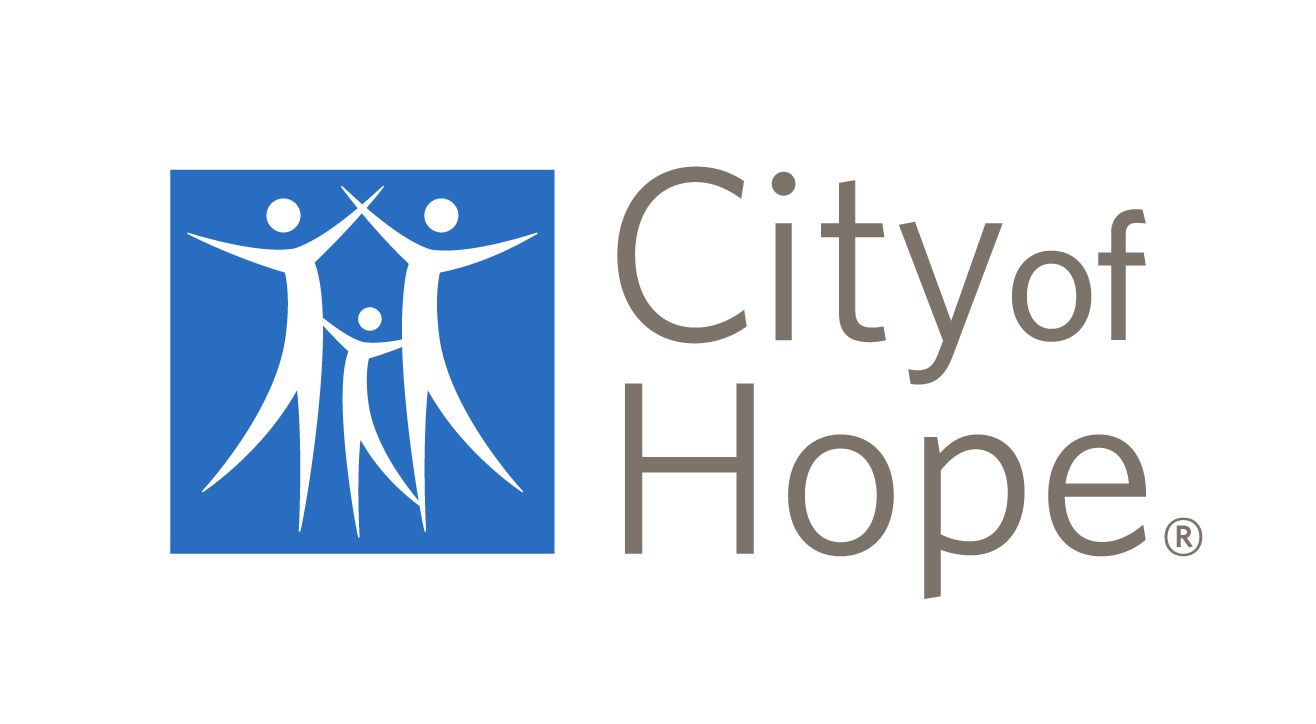- Advertise
- About OncLive
- Editorial Board
- MJH Life Sciences brands
- Contact Us
- Privacy
- Terms & Conditions
- Do Not Sell My Information
2 Clarke Drive
Suite 100
Cranbury, NJ 08512
© 2025 MJH Life Sciences™ and OncLive - Clinical Oncology News, Cancer Expert Insights. All rights reserved.
Dr. Siddiqi on the Safety Profile of Liso-Cel in the TRANSCEND CLL 004 Trial
Tanya Siddiqi, MD, a hematologist/oncologist at City of Hope, discusses the safety profile of lisocabtagene maraleucel (liso-cel; JCAR017) in the TRANSCEND CLL 004 trial.
Tanya Siddiqi, MD, a hematologist/oncologist at City of Hope, discusses the safety profile of lisocabtagene maraleucel (liso-cel; JCAR017) in the phase I TRANSCEND CLL 004 trial.
Toxicities associated with CAR T-cell therapy were easily manageable in the TRANSCEND CLL 004 trial, says Siddiqi. The majority of grade ≥3 events were cytopenia from chemotherapy. However, events of cytokine release syndrome (CRS) and neurotoxicity were also reported. About 70% of patients had CRS, but only 2 of the 23 patients had grade 3 CRS. Furthermore, around 39% of patients experienced neurotoxicity, but there were only 5 cases of grade 3/4 events of neurotoxicity.
Four cases of tumor lysis syndrome (TLS) were also reported. TLS was not common in the lymphoma trial, but abnormal circulating CLL cells in the blood can trigger a greater risk, as has been observed in acute leukemia, says Siddiqi. These patients were either managed with allopurinol (Zyloprim) and pills or rasburicase. However, 1 patient needed dialysis as well.
Dose-limiting toxicities (DLT) at 1 x 108 included severe hypertension around day 28. Investigators thought this to be a strange finding because CAR T cells generally cause hypotension, says Siddiqi. The other toxicity was neurotoxicity that lasted more than 7 days and became a DLT by definition, says Siddiqi. That patient also had grade 4 TLS, requiring dialysis.
Related Content:





